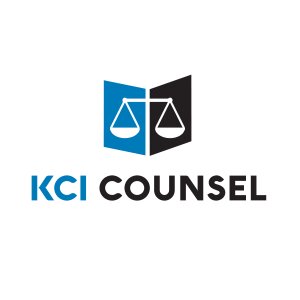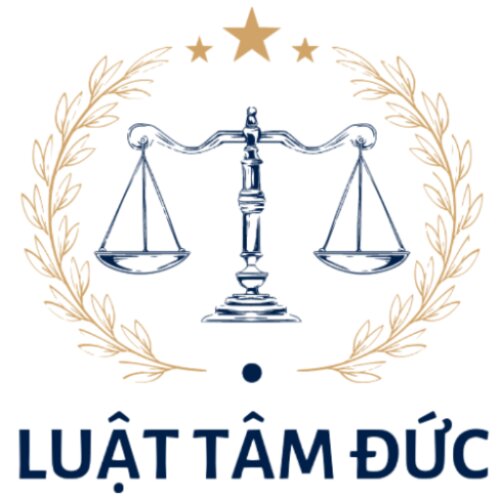Best Admiralty & Maritime Lawyers in Ho Chi Minh City
Share your needs with us, get contacted by law firms.
Free. Takes 2 min.
List of the best lawyers in Ho Chi Minh City, Vietnam
About Admiralty & Maritime Law in Ho Chi Minh City, Vietnam
Ho Chi Minh City, being a major port city in Vietnam, has a distinct legal framework that caters to Admiralty and Maritime laws. The country’s laws, covering Admiralty and Maritime matters, are compiled in accordance with International Maritime Law. They cover various aspects such as shipping, seafaring labor, maritime safety, marine environment protection, and shipping casualty response among others. As the city hosts international and local marine businesses, understanding these laws becomes essential for ensuring smooth sailing.
Why You May Need a Lawyer
Admiralty and Maritime law can be complex, and understanding its intricacies may require professional legal help. You might need a lawyer if you are involved in shipping disputes, maritime insurance, cargo damage claims, or issues pertaining to maritime labour laws. Lawyers can also be beneficial in settling disputes involving sea pollution, salvage or towing agreements, and maritime liens, which can be very intricate and multi-faceted.
Local Laws Overview
Local laws in Ho Chi Minh City are largely stemmed from the Maritime Code of Vietnam. This code covers various components such as contracts of marine transportation, shipping agency services, maritime safety and security, and sea environment protection. It also outlines the obligations and rights of ship-owners, ship-charterers, seafarers, and marine insurance entities. It is vital to understand this code to stay in legal compliance when dealing with matters related to Admiralty and Maritime in Vietnam.
Frequently Asked Questions
What is the primary legislation governing Admiralty and Maritime law in Vietnam?
The primary legislation is the Vietnamese Maritime Code, adopted in 2005 and later amended in 2015, which is in alignment with international maritime regulations.
How is the jurisdiction determined in maritime disputes?
The jurisdiction is determined by the location of the incident or based on the nationality of the ships or individuals involved. Interpretation of jurisdiction can be complex and often requires legal assistance.
What are maritime liens and how do they work in Vietnam?
Maritime liens refer to the right of a party to hold a claim against a ship to secure the repayment of a debt. It's an important aspect of local maritime laws and varies based on the nature of the claim.
What about maritime labor laws in Vietnam?
Maritime labor laws ensure the rights and conditions of seafarers on Vietnamese flag ships or in Vietnamese waters. They follow international standards as per the Maritime Labour Convention.
What resources are available in case of maritime accidents or emergencies?
Vietnam’s maritime search and rescue organization - VMSAR, is responsible for responding to maritime emergencies, in coordination with other national and international bodies.
Additional Resources
The Vietnam Maritime Administration (Vinamarine), and the Ho Chi Minh City Department of Transport are key government bodies to refer to for maritime law related matters. For labour related concerns, the Vietnam General Confederation of Labour can provide useful information. The Vietnam International Arbitration Centre (VIAC) can aid in resolving legal disputes related to maritime laws.
Next Steps
If you require legal assistance in Admiralty & Maritime in Ho Chi Minh City, reach out to a local law firm specializing in maritime law. Ensure that the lawyer is well versed with both the Vietnamese Maritime Code and international conventions that Vietnam has acceded to. Preparing all necessary documents and thoroughly explaining your situation to your lawyer would be the initial steps to getting the assistance you need.
Lawzana helps you find the best lawyers and law firms in Ho Chi Minh City through a curated and pre-screened list of qualified legal professionals. Our platform offers rankings and detailed profiles of attorneys and law firms, allowing you to compare based on practice areas, including Admiralty & Maritime, experience, and client feedback.
Each profile includes a description of the firm's areas of practice, client reviews, team members and partners, year of establishment, spoken languages, office locations, contact information, social media presence, and any published articles or resources. Most firms on our platform speak English and are experienced in both local and international legal matters.
Get a quote from top-rated law firms in Ho Chi Minh City, Vietnam — quickly, securely, and without unnecessary hassle.
Disclaimer:
The information provided on this page is for general informational purposes only and does not constitute legal advice. While we strive to ensure the accuracy and relevance of the content, legal information may change over time, and interpretations of the law can vary. You should always consult with a qualified legal professional for advice specific to your situation.
We disclaim all liability for actions taken or not taken based on the content of this page. If you believe any information is incorrect or outdated, please contact us, and we will review and update it where appropriate.
















